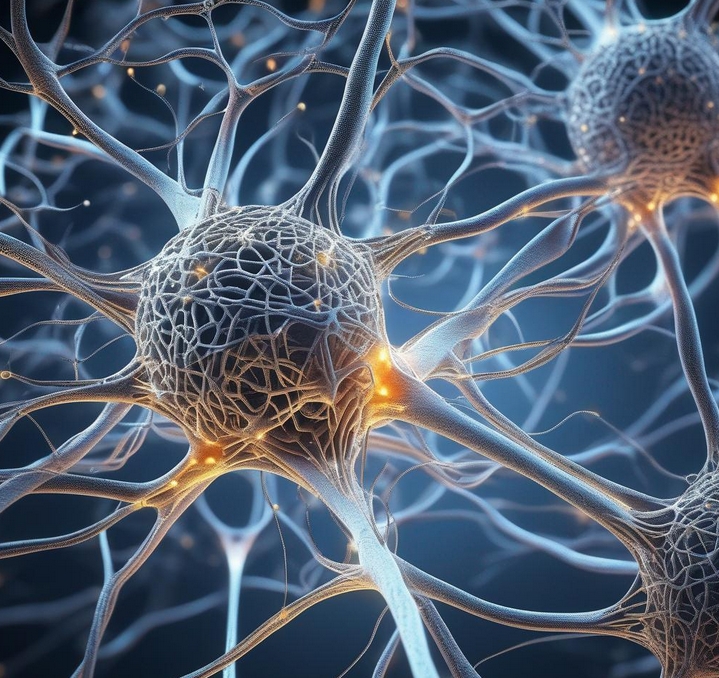Blog Post
Unraveling the Wonders of Neurotransmitter Systems in the Aging Brain: A Deep Dive into Neurobiology

Introduction:
Welcome to our latest exploration into the fascinating world of neurobiology! Today, we’re delving into the intricate mechanisms of neurotransmitter systems, specifically examining their role in the aging brain. From the dynamics of communication between neurons to the potential implications for neurodegenerative diseases, this blog post aims to shed light on the critical interplay of neurotransmitters in the process of aging.
Section 1: The Essence of Neurotransmitter Systems
In the vast landscape of the brain, communication is key. Neurotransmitters are the messengers that facilitate this communication, enabling the transmission of signals between nerve cells. As we age, the balance of these neurotransmitters undergoes profound changes, influencing various aspects of neural function.
Section 2: The Aging Brain and Neurotransmitter Dynamics
The aging process is associated with alterations in neurotransmitter levels and functioning. For example, the decline in dopamine, a neurotransmitter linked to reward and pleasure, is implicated in age-related motor and cognitive deficits. Serotonin, another crucial neurotransmitter, plays a role in mood regulation, and changes in its levels may contribute to mood disorders associated with aging.
Section 3: Implications for Neurodegenerative Diseases
Understanding the shifts in neurotransmitter systems is integral to unraveling the mysteries of neurodegenerative diseases. Alzheimer’s and Parkinson’s, among others, exhibit disruptions in specific neurotransmitter pathways. Exploring these connections can offer valuable insights into potential therapeutic targets for treating or preventing these conditions.
Section 4: Strategies for Maintaining Neurotransmitter Balance
While aging inevitably brings changes to neurotransmitter systems, there are proactive steps individuals can take to support brain health. Lifestyle factors such as regular exercise, a balanced diet, and adequate sleep have been linked to maintaining optimal neurotransmitter balance. Moreover, certain supplements and activities, like meditation, may positively influence these intricate systems.
Section 5: The Future of Neurotransmitter Research in Aging
As technology advances, so does our ability to investigate the complexities of neurotransmitter systems. Cutting-edge techniques, such as neuroimaging and molecular biology tools, enable researchers to delve deeper into the intricacies of aging-related changes in neurotransmitter dynamics. The ongoing quest is to translate these findings into innovative interventions that enhance brain function in the elderly.

Conclusion:
In conclusion, the world of neurobiology is ever-evolving, and our understanding of neurotransmitter systems in the aging brain continues to expand. By appreciating the nuances of these intricate communication pathways, we move one step closer to unlocking the secrets of healthy aging and developing strategies to combat age-related neurological disorders.
For more insights into the dynamic field of neurobiology and other scientific wonders, stay tuned to our blog for regular updates!

